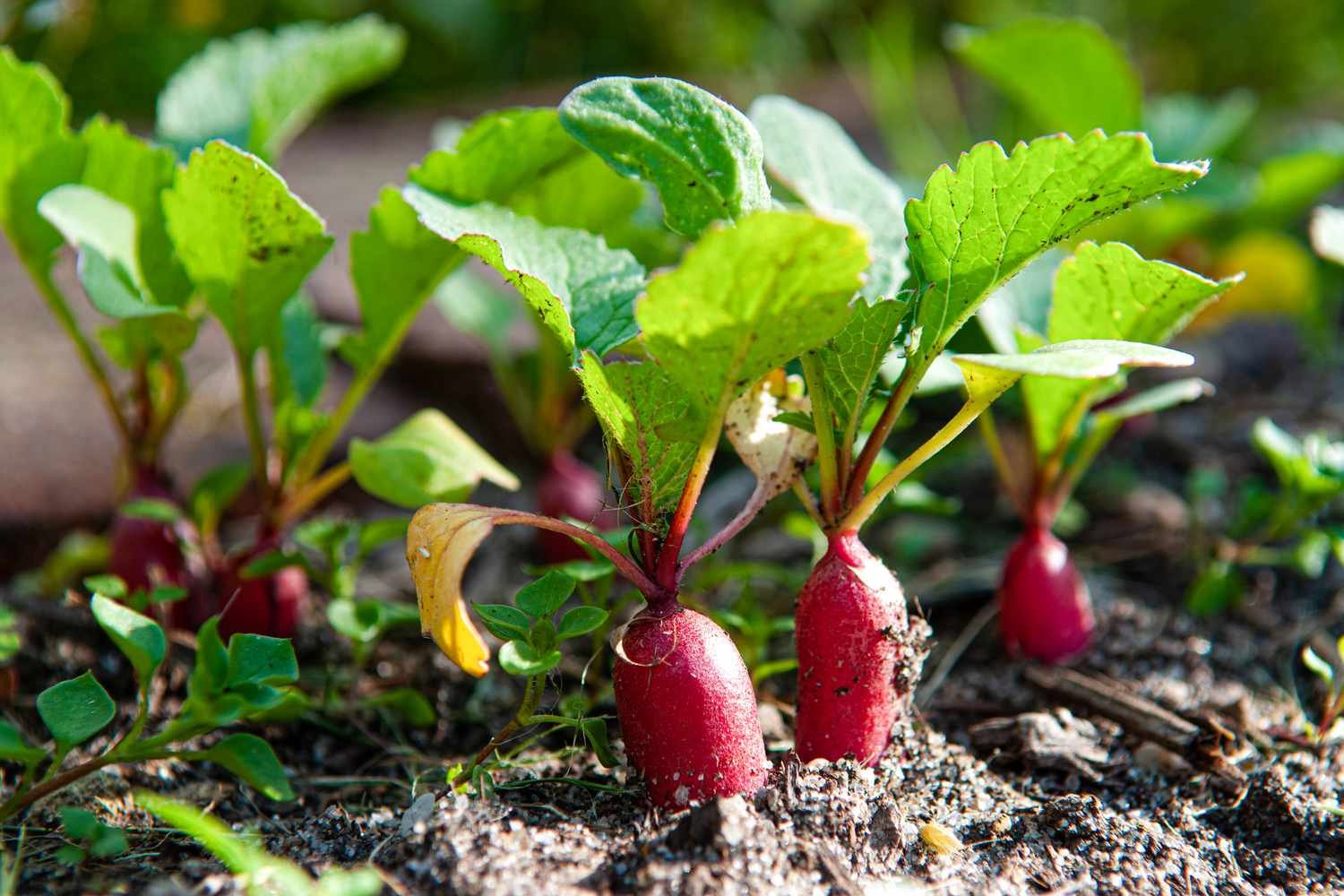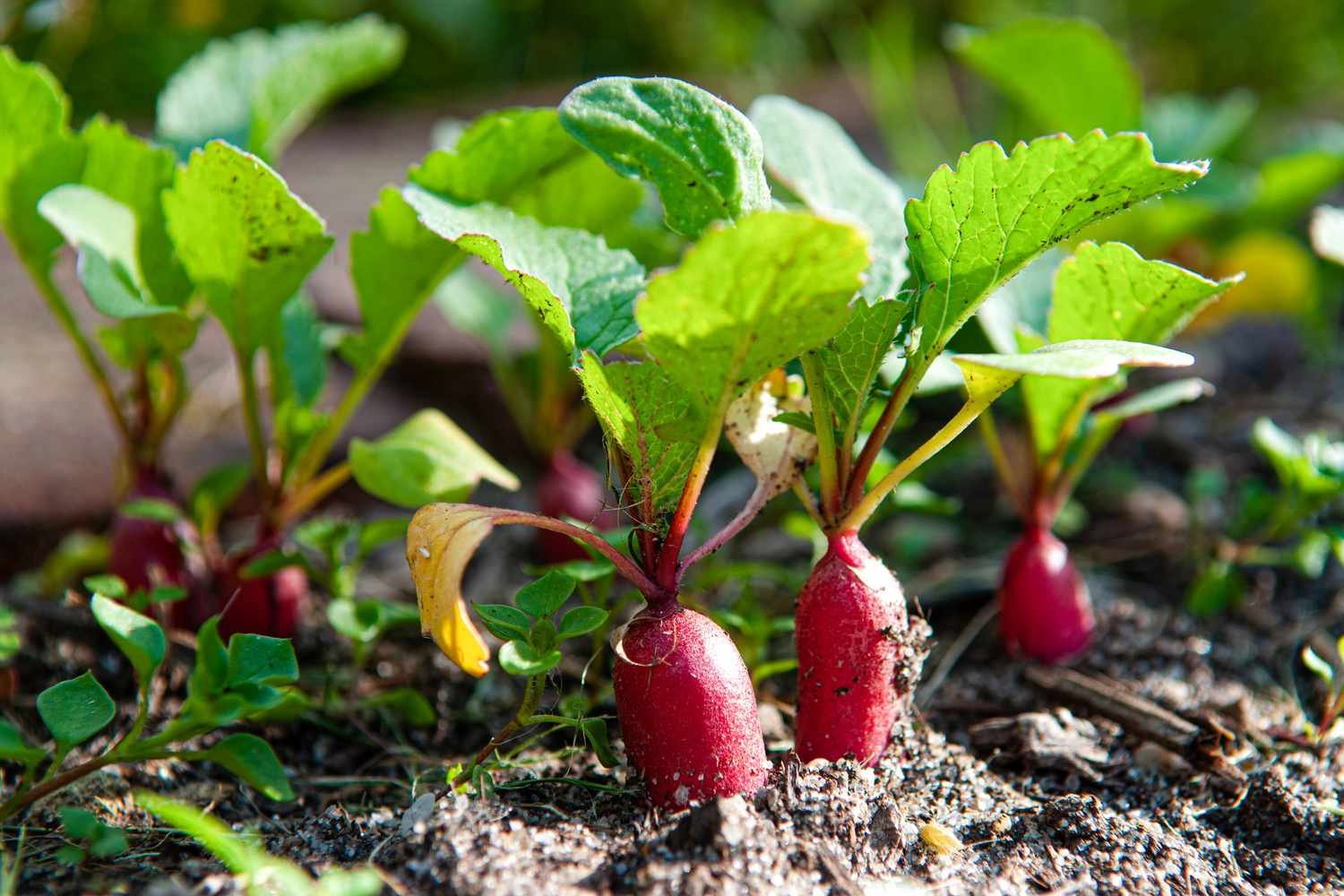Aquaponics is an innovative gardening method that combines aquaculture (raising fish) and hydroponics (growing plants without soil). This sustainable system creates a symbiotic environment where fish and plants benefit each other, leading to numerous advantages. Here’s a detailed look at the benefits of aquaponics in gardening and why it’s gaining popularity among gardeners and sustainability enthusiasts.

Efficient Use of Resources
Aquaponics systems use resources more efficiently than traditional gardening methods.
Water Conservation
- Minimal Water Use: Aquaponics uses up to 90% less water compared to soil-based gardening because water is recirculated and reused within the system.
- Reduced Waste: The water that fish live in is filtered by the plants, reducing the need for frequent water changes.
Space Efficiency
- Vertical Growing: Plants can be grown vertically in aquaponics systems, making it possible to grow more food in less space.
- Year-Round Production: Controlled environments allow for year-round gardening, maximizing space use and productivity.
Natural Fertilization
In an aquaponics system, fish waste provides a natural and organic fertilizer for plants.
Benefits
- No Chemical Fertilizers: The fish waste breaks down into nitrates, which are a natural fertilizer for plants. This eliminates the need for chemical fertilizers.
- Balanced Nutrition: Plants receive a balanced mix of nutrients, leading to healthier growth and higher yields.
Sustainable and Eco-Friendly
Aquaponics is a sustainable gardening method that promotes environmental health.
Environmental Benefits
- Reduced Carbon Footprint: By growing food locally, aquaponics reduces the need for transportation and the associated carbon emissions.
- Minimal Pollution: The closed-loop system minimizes runoff and pollution, making it an environmentally friendly option.
Soil Health
- No Soil Degradation: Since aquaponics doesn’t use soil, it avoids the issues of soil erosion and depletion, preserving soil health in the surrounding environment.
Faster Plant Growth
Plants grown in aquaponics systems often grow faster than those in traditional soil gardens.
Growth Factors
- Constant Nutrient Supply: Plants have constant access to the nutrients they need, which supports rapid growth.
- Optimal Conditions: The controlled environment allows for the maintenance of ideal growing conditions, leading to faster and more consistent plant growth.
Versatility and Flexibility
Aquaponics systems can be adapted to a wide range of settings and scales.
Applications
- Home Gardens: Small-scale systems can be set up in homes, backyards, or greenhouses.
- Commercial Farms: Large-scale systems can be used for commercial food production.
- Urban Gardening: Aquaponics is well-suited for urban environments where space is limited.
Plant Variety
- Diverse Crops: A wide variety of plants can be grown in aquaponics systems, including leafy greens, herbs, fruits, and even some root vegetables.
Educational and Therapeutic Benefits
Aquaponics offers educational and therapeutic benefits, making it a valuable tool for schools and community programs.
Educational Value
- Hands-On Learning: Aquaponics systems provide a hands-on learning experience about biology, ecology, and sustainability.
- STEM Education: Integrates science, technology, engineering, and mathematics (STEM) education, making it an engaging learning tool for students.
Therapeutic Benefits
- Stress Relief: Gardening, including aquaponics, is known to reduce stress and improve mental well-being.
- Community Building: Aquaponics systems can bring communities together, fostering collaboration and a sense of shared purpose.
Conclusion
Aquaponics offers numerous benefits for gardeners and the environment, from efficient resource use and natural fertilization to faster plant growth and sustainability. This innovative gardening method not only supports healthier plants and higher yields but also promotes environmental health and provides educational opportunities. Whether you’re a home gardener or looking to scale up to a commercial system, aquaponics can transform the way you grow food, making it a rewarding and sustainable choice.










